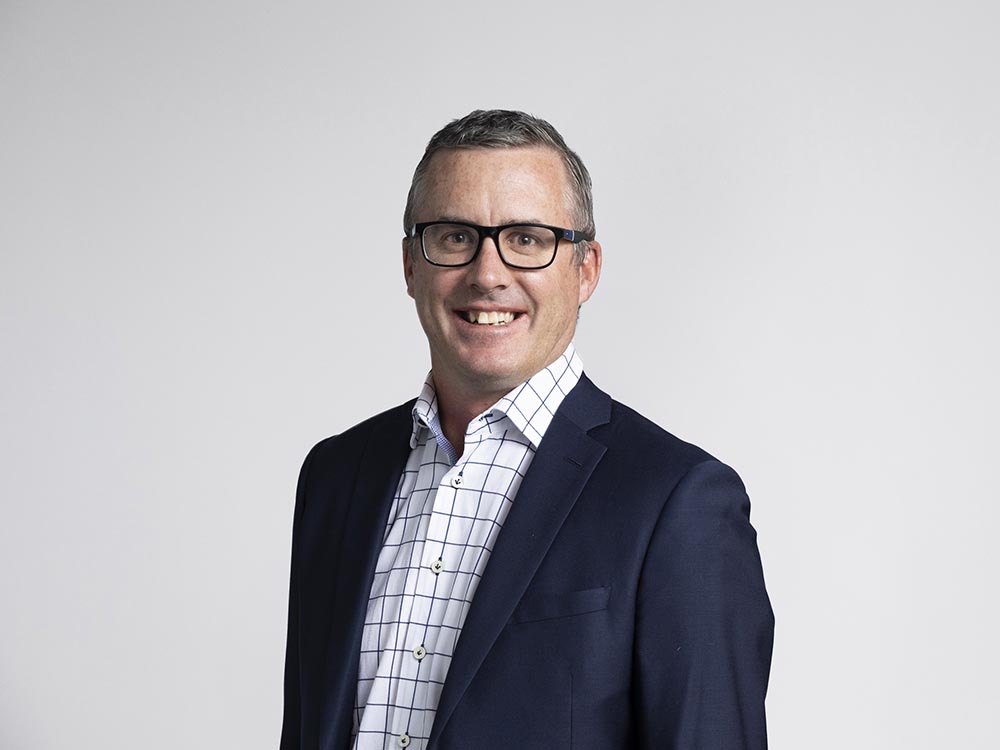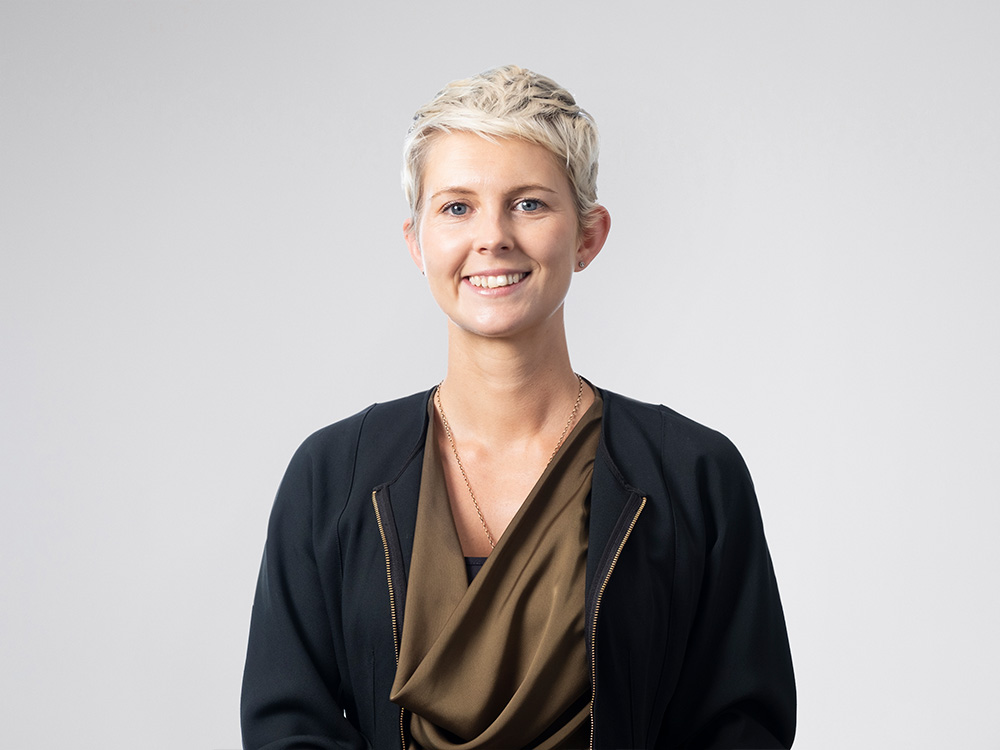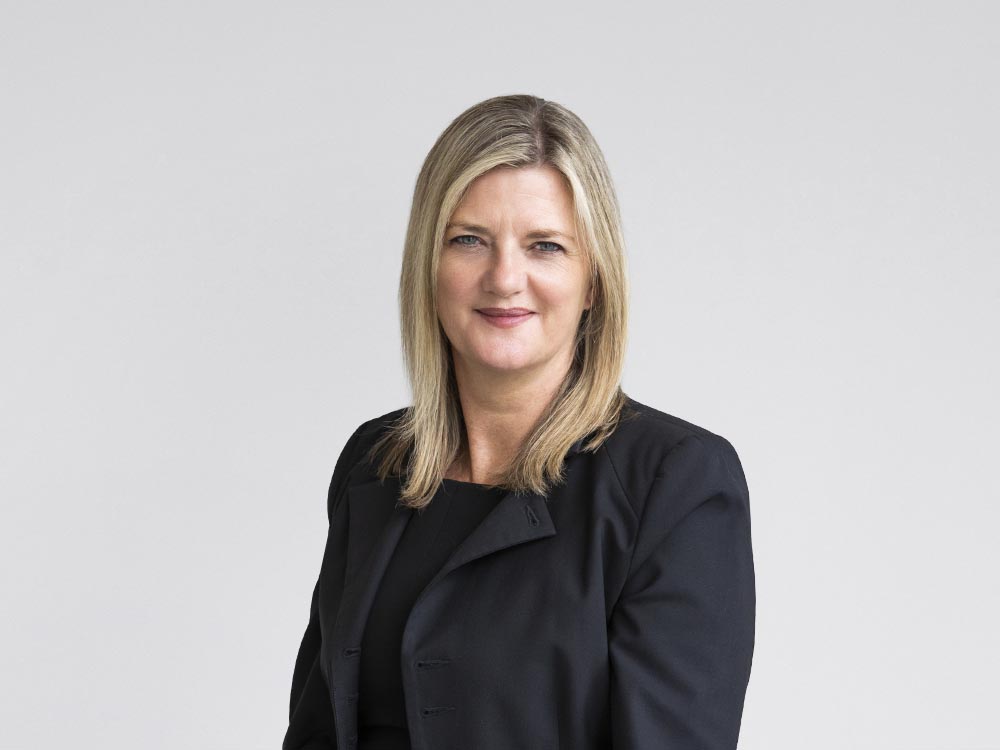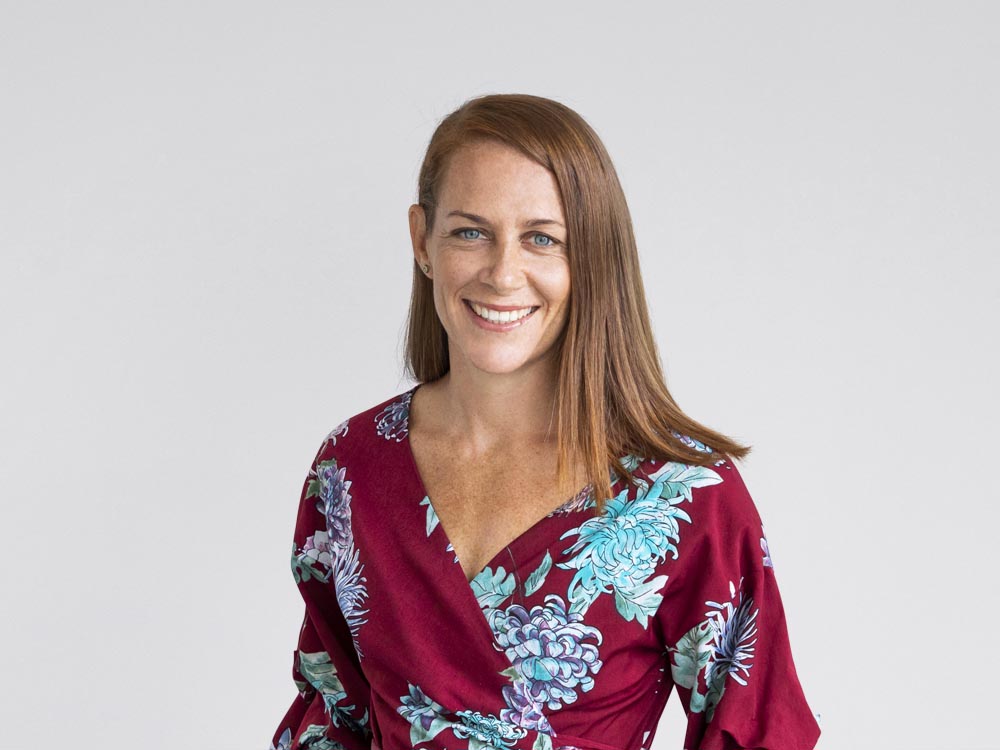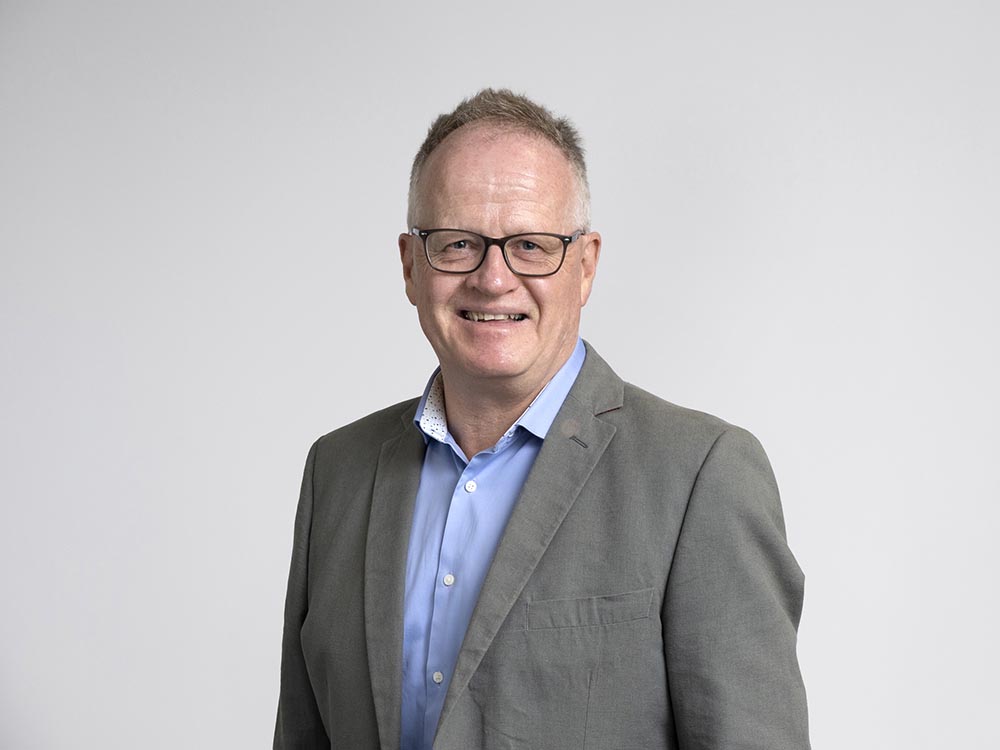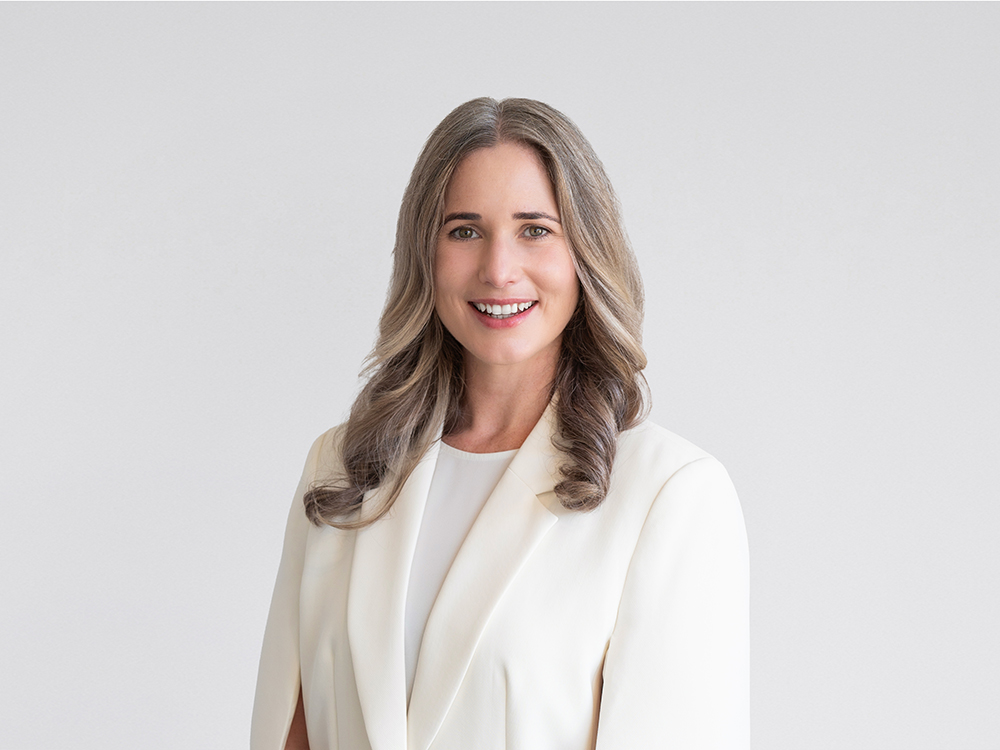The transition to a low carbon economy is an opportunity to look at how businesses currently operate and how they can be supported with new technologies.
Since Z Energy’s (Z) beginning, it’s been focused on the future of Aotearoa New Zealand and its role in it. As New Zealand’s largest transport energy company, Z has deliberately invested in its capabilities to help Kiwi households and businesses transition, at their own pace, to a low carbon future through smart energy solutions.
At the same time, Z seeks to balance the responsibility of safely and reliably delivering the fuel that New Zealand needs today to keep customers and communities moving.
Part of this journey sees Z helping its customers by sharing education and insights. Z often looks to others on this same journey, and equally realises they must talk about their own learnings to support others facing similar challenges.
Z has thousands of business customers, all with diverse fleets and complex needs. Z also understands that traditional fuels will be needed for a while, particularly for heavy vehicles until technology catches up, but it wants to support businesses as soon as they are ready to transition.
Providing a safe, reliable, and competitive supply of energy is core to Z’s success, today and in the future. Senior Associate Kate Cruickshank sat down with Z’s Chief Executive, Lindis Jones, to understand more about the energy company’s ambitions for the future as part of our Zero In series.
What do you see as the most significant challenges facing your industry when it comes to transitioning to low-carbon practices?
We provide products – petrol, diesel, and jet fuel – that will continue to be needed for years to come, but we are also working to introduce low carbon alternatives to help keep people moving.
Effectively, we need to run a dual supply chain for a number of decades utilising existing infrastructure in the best way possible. A current example of this is Z leveraging our already established and well positioned service station network to grow an on-the-go EV charging network across the country, which helps support customers who have electrified their fleet.
One of the greatest challenges in this transition is that there is no one size fits all approach. Airlines and freight companies face challenges in their transition to low carbon practices based on the available fuel – like sustainable aviation fuel (SAF) and renewable diesel – or decisions on the decarbonisation technology available. For example, whether to electrify their fleet or look to hydrogen solutions.
The choices for our customers on how to move to lower carbon forms of transport energy are uncertain, often complex, and typically expensive. We believe Z is well positioned to play a significant role in helping our customers navigate this journey.
Decarbonisation is important from an environmental perspective as well as from an economic and business standpoint. What opportunities do you see for companies that successfully navigate their transitions?
We see four interconnected opportunities for companies arising from decarbonisation.
First, there is an opportunity for companies to be recognised as better corporate citizens, while building brand reputation and trust with New Zealanders, which will help them succeed in the longer term.
Secondly, a successful transition also creates greater employee attraction and retention. People are taking a much bigger interest in the organisations for which they want to work, including environmental responsibility and action.
Thirdly, if a company is seeking capital there are an increasing range of debt products that link the cost of capital to environmental performance. For those companies that can get to low or net zero carbon from their operations, a wider pool of equity capital is likely to be available.
Finally, future partnerships are often key to long term viability. Being seen and demonstrating commitment is likely to open-up new partnership opportunities and discussions, be that a service, product, customer or something else.
Z’s own journey is inspiring. What have been the key considerations that have led to Z’s successes to date?
Central to starting our transition journey was recognising our role in the country’s carbon emissions and owning it.
We have a strong desire to do what is right for Aotearoa New Zealand and our company; and have great people within Z to help in the transition. Importantly, we recognise that we don’t have all the answers and aren’t afraid to seek help. We’ve deliberately looked for the right capabilities and partners to support our business to transition and will continue to take this approach.
By partnering with others, we are bringing our combined talents, capabilities, and financial resources to achieve much greater things – and at a faster pace than we could do it alone.
Recognising that our transition will take time, we’re committed to learning from where things have not gone to plan and then doing better next time. Equally, we’ve been celebrating our successes along the way, such as reaching milestones on our EV charging network rollout or forming partnerships with other innovative Kiwi companies also on this journey.
Most important to our transition is having our people on the journey with us. Without them, our commitments are merely statements on a piece of paper – our people bring these to life and keep us honest.
What are some of the common challenges and barriers that organisations need to overcome when transitioning to more sustainable and low-carbon practices?
What’s important to bring to this discussion is not where we start from, but the difference we can make.
Many of the challenges organisations face can be overcome by asking for help. There are people and organisations out there that specialise in this area, and other businesses likely facing the same challenges as you. Seeking support, advice, and direction from others where it’s appropriate is crucial as they will likely see things you won’t.
Similarly, be sure to involve your people. They are in the depths of the organisation and have insights as to what is possible based on their experience of the business. Allow them to have a voice, to participate and be engaged in the process as the change will be driven by them day-to-day.
Finally, the pathways to a lower carbon future are unclear, often complex, and challenging. In the face of this it is important to maintain ambition.
How important is collaboration between public and private sectors, as well as between various industries, in achieving effective decarbonisation outcomes and New Zealand’s net zero 2050 target?
Collaboration between the public and private sectors is vital to achieving New Zealand’s climate change goals and this can occur in different ways.
Appropriate regulatory settings that encourage businesses to decarbonise are important, while recognising that they need to be set at a level that enables businesses to transition without undue stress. Long-term regulatory certainty also helps facilitate investment, which is essential. This can be achieved through open dialogue and understanding the future needs of the country, alongside the reality of business operations.
The private sector then needs the freedom to determine how they best meet the requirements within their industry, based on how they operate. Solid working public/private partnerships are critical – they bring expertise, capability and focus to solve community and country issues, all for the greater good.
What is your long-term vision for the role of Z in the ongoing global effort to combat climate change through decarbonisation?
As CEO, my vision is to see Z continue to diversify and adapt its energy offering to continue meeting the evolving needs of our customers.
With Z now part of the Ampol Group, there is significant value in leveraging our joint capabilities and strengths to explore the viability of future energy products and services at greater pace than we would be able to by ourselves. We can take what they are learning from the Australian market and see if its relevant for New Zealand – and vice versa.
We’re also looking at innovative New Zealand service providers and supporting them in their ideas for low carbon technology. For example, we’ve partnered with Red Phase, an innovative New Zealand business that has developed unique solutions for fast charging of vehicles. The technology allows the chargers to manage their power output efficiently and reduce grid load. This helps ensure the EV charging gets the right amount of power specific to their vehicle, giving customers the fastest and most efficient charge possible.
What advice would you offer to organisations that are just beginning to explore decarbonisation strategies?
Start, and ask for help.
Connect with those who’ve already begun their journey to understand their approach, the hurdles that they’ve faced and the perspective they have which you can learn from.
Understand ‘why’ you’re doing this, and ensure your employees do and remain committed to the low carbon vision. If you don’t know why transitioning is important for you and your business, it’ll be much harder to make meaningful progress.
Know it will take time and you’ll need to adapt as you progress. Your strategy will change and change quickly. The environment we are operating in – capability, technology, regulatory – is moving at pace. Be prepared to update your strategy frequently.
But the most important piece in all of this is to start.


